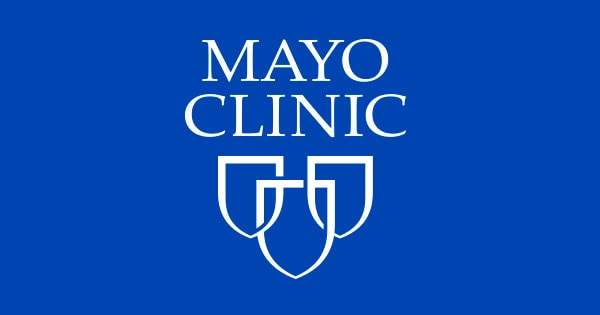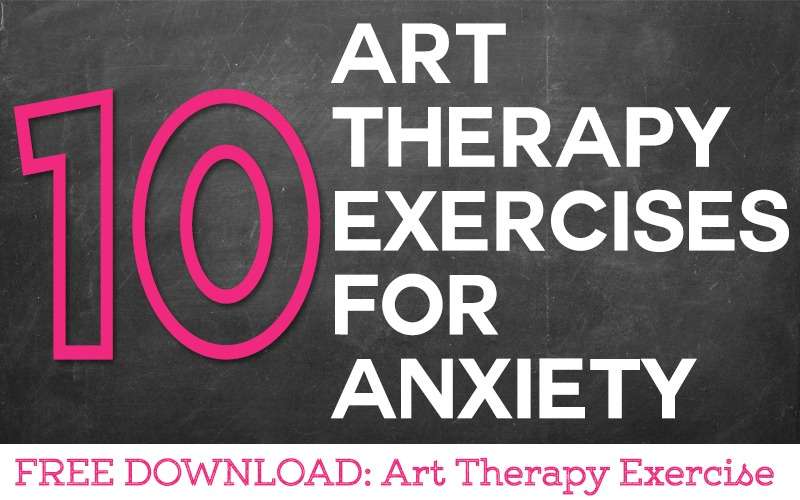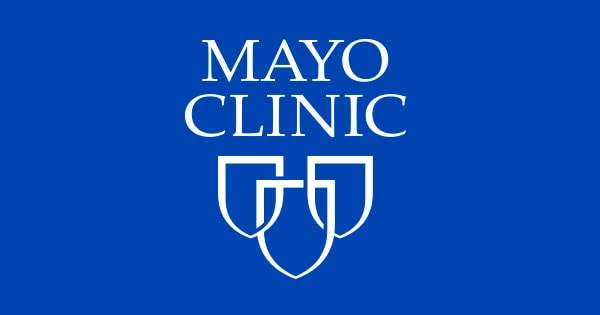Cognitive behavioural therapy (CBT) is a talking therapy that can help you manage your problems by changing the way you think and behave.
It’s most commonly used to treat anxiety and depression, but can be useful for other mental and physical health problems.
How CBT works
CBT is based on the concept that your thoughts, feelings, physical sensations and actions are interconnected, and that negative thoughts and feelings can trap you in a negative cycle.
CBT aims to help you deal with overwhelming problems in a more positive way by breaking them down into smaller parts.
You’re shown how to change these negative patterns to improve the way you feel.
Unlike some other talking treatments, CBT deals with your current problems, rather than focusing on issues from your past.
It looks for practical ways to improve your state of mind on a daily basis.
What happens during CBT sessions
If CBT is recommended, you’ll usually have a session with a therapist once a week or once every 2 weeks.
The course of treatment usually lasts for between 6 and 20 sessions, with each session lasting 30 to 60 minutes.
During the sessions, you’ll work with your therapist to break down your problems into their separate parts, such as your thoughts, physical feelings and actions.
You and your therapist will analyse these areas to work out if they’re unrealistic or unhelpful, and to determine the effect they have on each other and on you.
Your therapist will then be able to help you work out how to change unhelpful thoughts and behaviours.
After working out what you can change, your therapist will ask you to practise these changes in your daily life and you’ll discuss how you got on during the next session.
The eventual aim of therapy is to teach you to apply the skills you have learnt during treatment to your daily life.
This should help you manage your problems and stop them having a negative impact on your life, even after your course of treatment finishes.
Pros and cons of CBT
Cognitive behavioural therapy (CBT) is effective in treating some mental health problems, but it may not be successful or suitable for everyone.
Some of the advantages of CBT include:
- it can be completed in a relatively short period of time compared with other talking therapies
- the highly structured nature of CBT means it can be provided in different formats, including in groups, self-help books and online
- it teaches you useful and practical strategies that can be used in everyday life, even after the treatment has finished
- it focuses on the person’s capacity to change themselves (their thoughts, feelings and behaviours)
- it can be as effective as medicine in treating some mental health problems and may be helpful in cases where medicine alone has not worked
Some of the disadvantages of CBT to consider include:
- you need to commit yourself to the process to get the most from it – a therapist can help and advise you, but they need your co-operation
- attending regular CBT sessions and carrying out any extra work between sessions can take up a lot of your time
- it may not be suitable for people with more complex mental health needs or learning difficulties
- it involves confronting your emotions and anxieties – you may experience initial periods where you’re anxious or emotionally uncomfortable
- it does not address any wider problems in systems or families that may have a significant impact on someone’s health and wellbeing
Some critics also argue that while CBT addresses current problems and focuses on specific issues, it does not address the possible underlying causes of mental health conditions, such as an unhappy childhood.
How to find a CBT therapist
You can get talking therapies, including CBT, on the NHS.
You can refer yourself directly to an NHS talking therapies service without a referral from a GP.
Find an NHS talking therapies service
Or your GP can refer you if you prefer.
If you can afford it, you can choose to pay for your therapy privately. The cost of private therapy sessions varies. It usually costs £60 to £100 per session, but lower rates may be available to those on lower incomes.
There is a register of all accredited therapists in the UK on the British Association for Behavioural and Cognitive Psychotherapies (BABCP) website.
There’s also a directory of chartered psychologists on the British Psychological Society (BPS) website, some of whom specialise in CBT.
Video: talking therapies for stress, anxiety and depression
Animated video explaining self-referral to talking therapies services for stress, anxiety or depression.
How can I get CBT?
Speak to your GP and they can refer you for CBT through the NHS for free. Or in England, you may be able to refer yourself via the Improving Access to Psychological Therapies (IAPT) programme. The type of CBT you’re offered may depend on the severity of your symptoms.
The NHS IAPT services finder can help you find out which IAPT services are available in your local area, or you can try searching on the NHS mental health services finder (both for England only). Some charities or your workplace may also offer access to a CBT therapist for free.
NHS waiting lists for CBT can be long, so you may decide to see a therapist privately if you can afford it. You can find accredited CBT therapists through the British Association for Behavioural and Cognitive Psychotherapies (BABCP). Our tips on finding a private therapist may also be useful.
Find a therapist
Talking therapies, or psychological therapies, are effective and confidential treatments delivered by fully trained and accredited NHS practitioners. They can help with common mental health problems like stress, anxiety and depression.
You can access talking therapies for free on the NHS.
You can refer yourself directly to an NHS talking therapies service without a referral from a GP, or a GP can refer you.
Help is available in person, by video, over the phone or as an online course.
Information:
There are also simple steps you can take to look after your mental health.
The Every Mind Matters website offers expert advice to help improve your wellbeing, as well as practical tips on sleep, coping with money worries and self-care.
Important:
Urgent help in a crisis
If you or a loved one are having a mental health crisis, you can call a local NHS mental health helpline for 24-hour advice and support:
Find a local NHS urgent mental health helpline
You can call for yourself, your child, your parent or someone you care for.
If someone’s life is at risk or they cannot be kept safe, call 999 or go to A&E.
What are talking therapies?
Talking therapies can help with common mental health problems like stress, anxiety and depression.
Which therapy you are offered depends on which one has been shown to be most helpful for your symptoms.
Here are a few examples:
- Guided self-help – where a therapist coaches you as you work through a self-help course in your own time, either using a workbook or an online course.
- Cognitive behavioural therapy (CBT) – based on the idea that thoughts, feelings, what we do, and how our bodies feel physically, are all connected. CBT works to help us notice and challenge patterns of thoughts or behaviours so we can feel better.
- Counselling for depression – a type of counselling developed for people with depression.
Talking therapies are offered in different ways, including:
- using a self-help workbook with the support of a therapist
- as an online course
- one-to-one in person, over the phone or through video consultation
- in a group
See more about talking therapies
What can talking therapies help with?
You do not need to have a diagnosed mental health problem to refer yourself to an NHS talking therapies service.
Getting support as soon as you start having difficulties can help to reduce their impact.
You may be:
- feeling anxious
- feeling low and hopeless
- having panic attacks
- finding it hard to cope with day-to-day life
- struggling with flashbacks and nightmares
- feeling stressed
Perhaps you’re finding it hard to cope with work, life or relationships.
Other things that talking therapies can help with include:
- worrying
- obsessive thoughts or behaviours
- fear of social situations
- trouble sleeping
- phobias
If you’ve already been diagnosed with a mental health condition you can still refer yourself to an NHS talking therapies service, or a GP can refer you.
Talking therapies can also help if you have mental health problems resulting from other conditions, such as diabetes, cancer, long-term pain or irritable bowel syndrome (IBS).
What happens when you refer yourself
- Contact your local NHS talking therapies service.
- Someone from the service will get in touch, usually within a few weeks.
- They’ll ask for more details about the problems you’re having. This is known as an assessment.
- If the service thinks they can help you, they’ll recommend a therapy for you. This is based on your symptoms and how severe they are.
- Waiting times for the first session vary. The service will tell you what to expect.
Information:
While you wait for your assessment or therapy to start, you can access expert advice and practical tips on the Every Mind Matters website.
Who can have talking therapies on the NHS?
Anyone who is registered with a GP can get talking therapies on the NHS, but you do not need a referral from a GP.
You can refer yourself directly to an NHS talking therapies service online.
If your first language is not English, talking therapies can be delivered in your chosen language through multi-lingual therapists or confidential translators. Talking therapies are also available in British Sign Language (BSL) through SignHealth Psychological Therapy Service.
Young people
You need to be aged 18 or over. Some services offer treatment for young people aged 16 and 17, but you need to check this with individual services.
Children and young people who are not able to access adult talking therapies can get support with mental and emotional problems from their local children and young people’s mental health service (CYPMHS).
Pregnancy and new parents
If you’re feeling anxious or depressed during pregnancy or after becoming a parent you can also access NHS talking therapies services.
Talk to your midwife, healthcare worker or GP about your mental health, or you can refer yourself to an NHS talking therapies service online.
Older people
Talking therapies have been shown to be very successful and beneficial for older people.
Find out more about how talking helps on the Age UK website
Does my GP need to know?
Talking therapies services normally let your GP know that you are getting support. Your talking therapy team will explain what information will be shared confidentially with your GP and why this is important.
If there is anyone else you would like your information to be shared with, or if you have any concerns about what will be shared, talk to your therapy team.
Other places that offer free help
Some employers provide free counselling for their employees. Ask your HR department.
Most colleges and universities offer free counselling to students who need it. Read a blog about what to do if you’re a student and it’s all getting too much from Professor Prathiba Chitsabesan, National Clinical Director for Children and Young People’s Mental Health.
Some charities offer helplines, cheap or free talking therapies or group support.
Video: Talking therapies for stress, anxiety and depression
Animated video explaining self-referral to talking therapies services for stress, anxiety or depression.


